As we all know, cruciferous vegetables such as cauliflower, kale, and cabbages are powerhouses for all the nutritious goodness that our body needs to stay healthy. Nowadays, there's an increasing demand for a particular veggie called broccoli sprouts. They are believed to have the same nutritional components as broccoli but in a more concentrated form.
As small as they can be, you wouldn't think broccoli sprouts can be as nutritious as their vegetable counterparts! However, don't be deceived by their size because this vegetable contains many vitamins, minerals, and sulforaphane which is a chemical linked to many health benefits.
Experience the broccoli sprouts benefits for the skin as we cover all the things you need to know about this cruciferous plant!
Jump to:
What are broccoli sprouts?
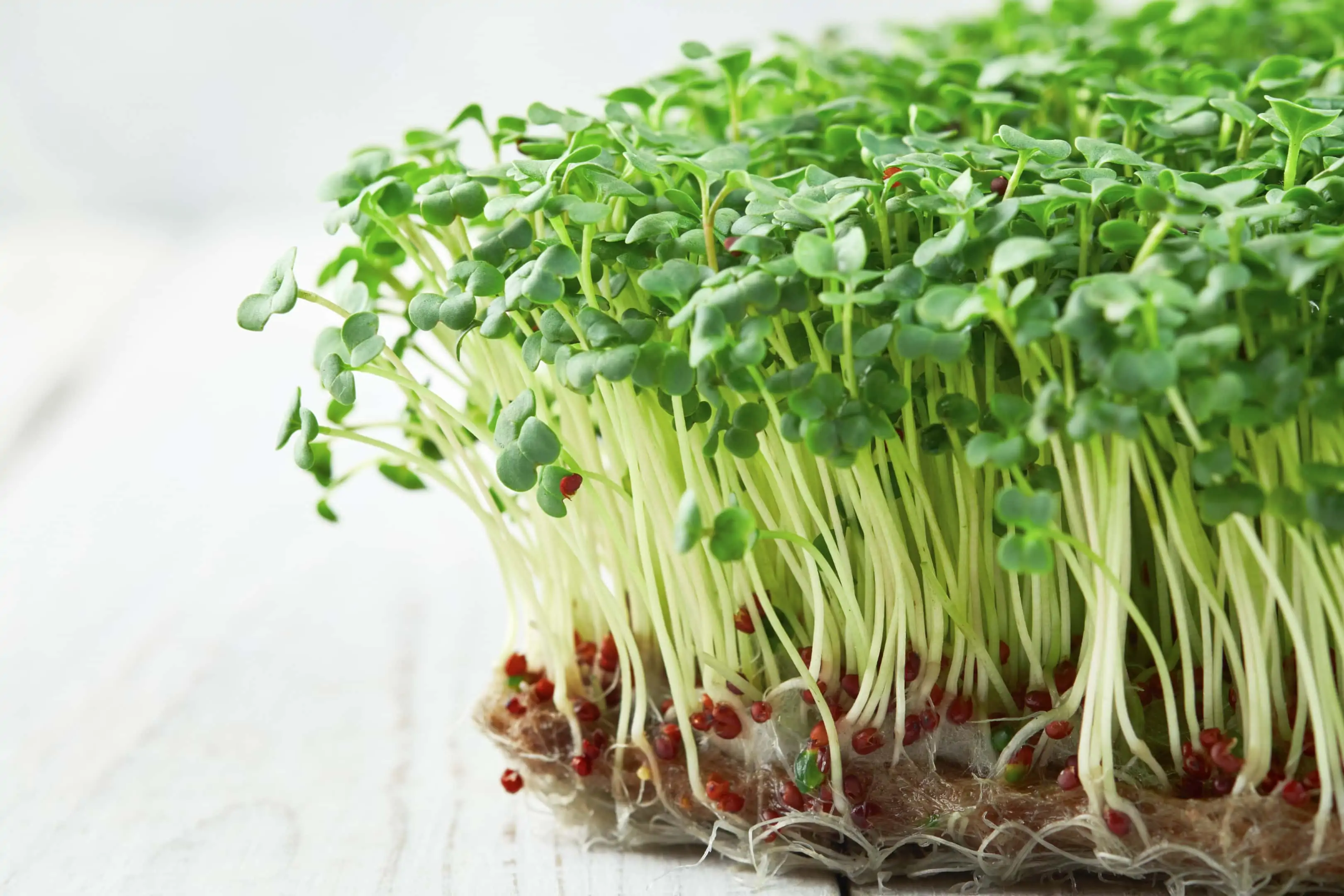
It's important to mention that broccoli sprouts are different from actual broccoli; we can think of them as baby broccoli. They are what grows from the soil before turning into the mini-tree vegetable that we are all familiar with. They come from seeds that went into germination in the method of sprouting.
Broccoli sprouts are part of the Cruciferae or Brassicaceae family. It is characterized by long, thin, and delicate stems with tiny green leaves. One interesting fact about this vegetable is that it doesn't taste like broccoli at all! Some may say that it tastes more like radishes.
Broccoli sprouts can be an excellent addition to include some crunch to your usual salad or sandwiches.
History of broccoli sprouts
We cannot discuss broccoli sprouts without mentioning their bigger siblings in the Brassicaceae family — the broccoli. This vegetable is believed to be native to the Mediterranean, where it has been a staple ingredient for many ancient Italian dishes.
Did you know that broccoli is a human-engineered vegetable? It was specifically made by the Etruscans, an old Italian civilization, to have a more specific taste that can cater to people.
At first, broccoli sprouts were just ordinary vegetables. That is until it hit the mainstream media when research in 1997 led by John Hopkins Medical Institution made breaking news. They found out that this vegetable contains chemoprotective substances, which prevents the risk of cancer. The researchers also discovered that broccoli sprouts are abundant in isothiocyanates, a most-studied compound today for its anticancer properties.
7 benefits of broccoli sprouts for the skin
1. Protects skin from the sun
Eating broccoli sprouts is like providing your body with natural sunscreen! Even though sun exposure is healthy for the skin and overall health, sometimes it can do more harm than good. As your skin is the largest organ of your body, it is only essential that you take care of it.
A famous study created by the National Academy of Sciences learned that the antioxidant element in broccoli sprouts protects the skin from ultraviolet radiation. It also prevents damage to the cells when you stay under the sun a little too long.
2. Delays signs of aging
Being exposed to the sun decreases the collagen in your skin. This can lead to discoloration, the formation of wrinkles, and saggy skin. With broccoli sprouts, you can prevent this from happening! The sulforaphane present in this vegetable promotes healthy aging as it helps bring oxygen back into the skin.
If you want to get the full broccoli sprouts benefits for the skin, it would be best to eat them raw. You can also try steaming it, but you would not get the same amount of sulforaphane when you eat it by itself. However, if you prefer it cooked, make sure to keep it under 284˚F (140˚C), because a higher temperature than that can result in a loss in your precious phytonutrients.
3. Good source of antioxidants
When eaten within the first week of sprouting, broccoli sprouts can give you the highest antioxidant effects than any other fruit and vegetable. There are two types of antioxidants found in broccoli sprouts. The first one is glucoraphanin which is a compound also found in other cruciferous plants. This substance helps in preventing and reducing oxidative damage from unstable molecules in the body.
The second is sulforaphane or the activated form of glucoraphanin. As mentioned earlier, this antioxidant helps in oxygenating the skin, which contributes to better cell circulation.
4. Prevents bacterial growth
Our skin is vulnerable to pathogenic bacteria. It is also the perfect place for bacterial growth. Several factors can cause this from happening, such as poor hygiene or a weakened immune system.
When left untreated, this can form pimples, rashes, and extreme discomfort. Fortunately for you, the phytonutrients in broccoli sprouts can restrict the development of these harmful pathogens. They work with the antioxidants by damaging the microbial membranes and preventing bacterial cell synthesis from developing.
5. Rich in vitamin C
Broccoli sprouts are also rich in vitamin C. This nutrient plays an essential role in ensuring that your skin stays in optimal health.
It is involved in collagen and the skin barrier development in your dermis, the thickest layer of your skin, which can protect it from damages brought by the free radicals. It can also shield your skin from oxidative stress that decreases elasticity and moisture in the skin.
You can get oxidative stress from many things such as pollution, sun exposure, obesity, and others. That's why it's essential to know how to protect yourself.
6. Prevents skin cancer
Cancer of the skin is a serious disease. In the U.S. alone, more than two individuals die from this type of cancer every hour. Skin diseases such as melanoma can be dangerous as they can spread to other organs and affect their performance.
The natural compounds found in broccoli sprouts can prevent these skin illnesses from evolving. They can also inhibit solar radiation damages in the skin that can cause malignant skin tumors and photoaging.
7. Contributes to healthy skin
When all of the vitamins and minerals in the broccoli sprouts are combined, they can contribute to more radiant-looking skin! This superfood is chock full of nutrients that not just your skin but all of your organs can benefit from. From the collagen production from vitamin C to the protection of your anti-inflammatory agents, what more can you ask for?
You can also enhance the benefits of broccoli sprouts if you practice an effective skincare routine. Talk with your trusted dermatologist to know your options.
Other health benefits of broccoli sprouts
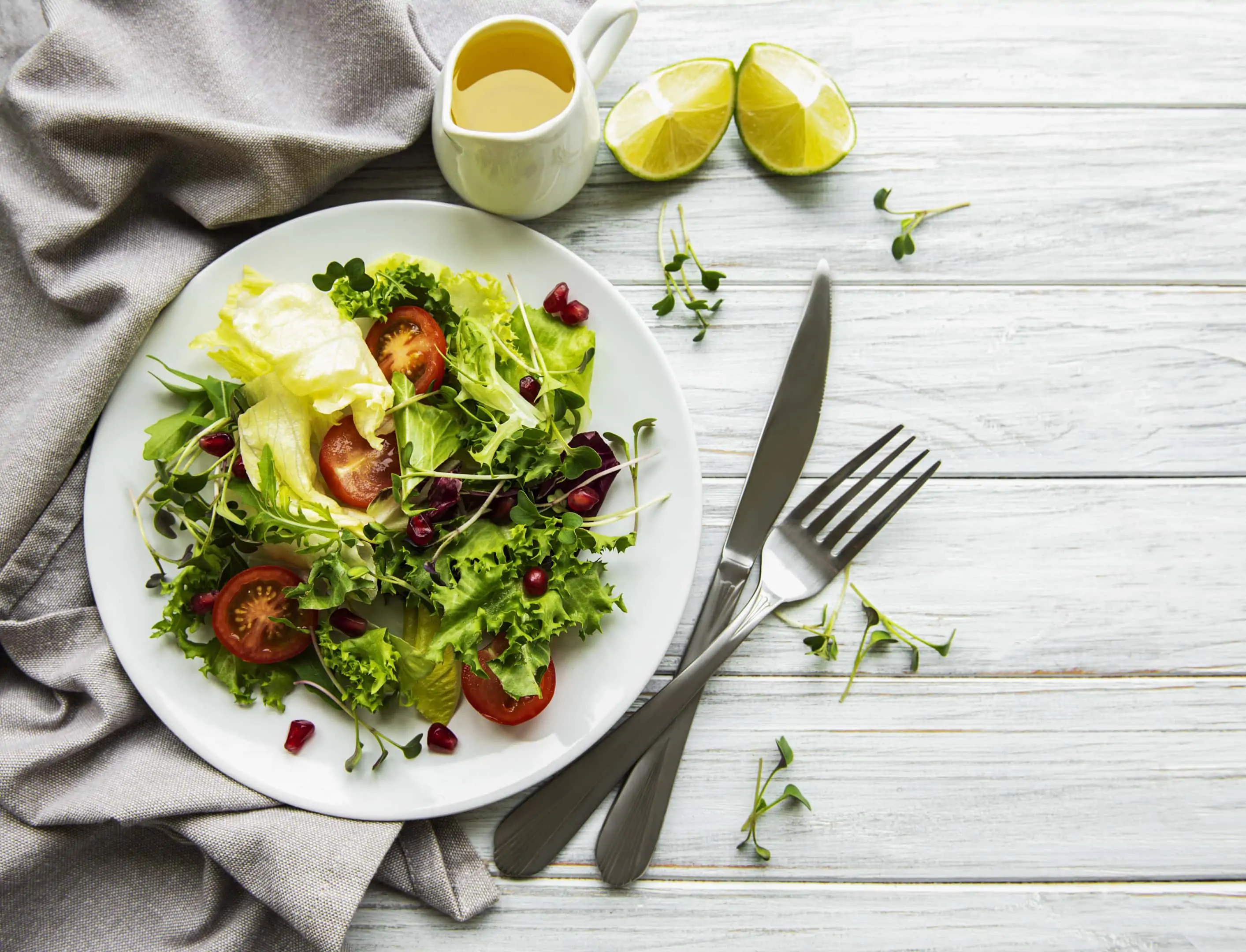
Broccoli sprouts are not just good for the skin but also for your overall well-being! The antioxidants in this vegetable can decrease your risk of catching various illnesses and cancers. According to a study, these anti-inflammatory agents can also protect your eyes from macular degeneration as you grow older.
Another health benefit of broccoli sprouts is that they are also good for the bones. The sulforaphane in broccoli sprouts will help prevent the development of osteoblasts which cause osteoporosis.
If that is not enough, this vegetable can also improve brain function! The nutrients in broccoli sprouts can help you have better memory and cognitive performance.
The nutritional component of broccoli sprouts
For a cup or about 84 grams serving of broccoli sprouts, you'll get a 60% recommended daily intake of vitamin C.
A cup of broccoli sprouts also contains 16% fiber which balances blood sugar levels and is also good for digestive health.
What's great about broccoli sprouts is that they are not that high in calories! With only 35 calories, this makes them the perfect vegetable to include in your diet if you're watching your weight.
The recommended dosage for broccoli sprouts
As of now, there is currently no official measurement on how much broccoli sprouts a person should eat to reach optimal results. Dr. Rhonda Patrick, an American biochemist, does extensive research with broccoli sprouts and is fascinated with sulforaphane. She said in a podcast that a single gram of broccoli sprouts contains .425 mg of sulforaphane.
She also stated that you need about 40 to 60 mg of that phytonutrient to experience the health benefits of this vegetable. If you do the math, you will need 100 to 140 grams of broccoli sprouts to reach that requirement. However, it's still important to talk with your primary health care provider to know the safest dosage for you.
Side effects of eating broccoli sprouts
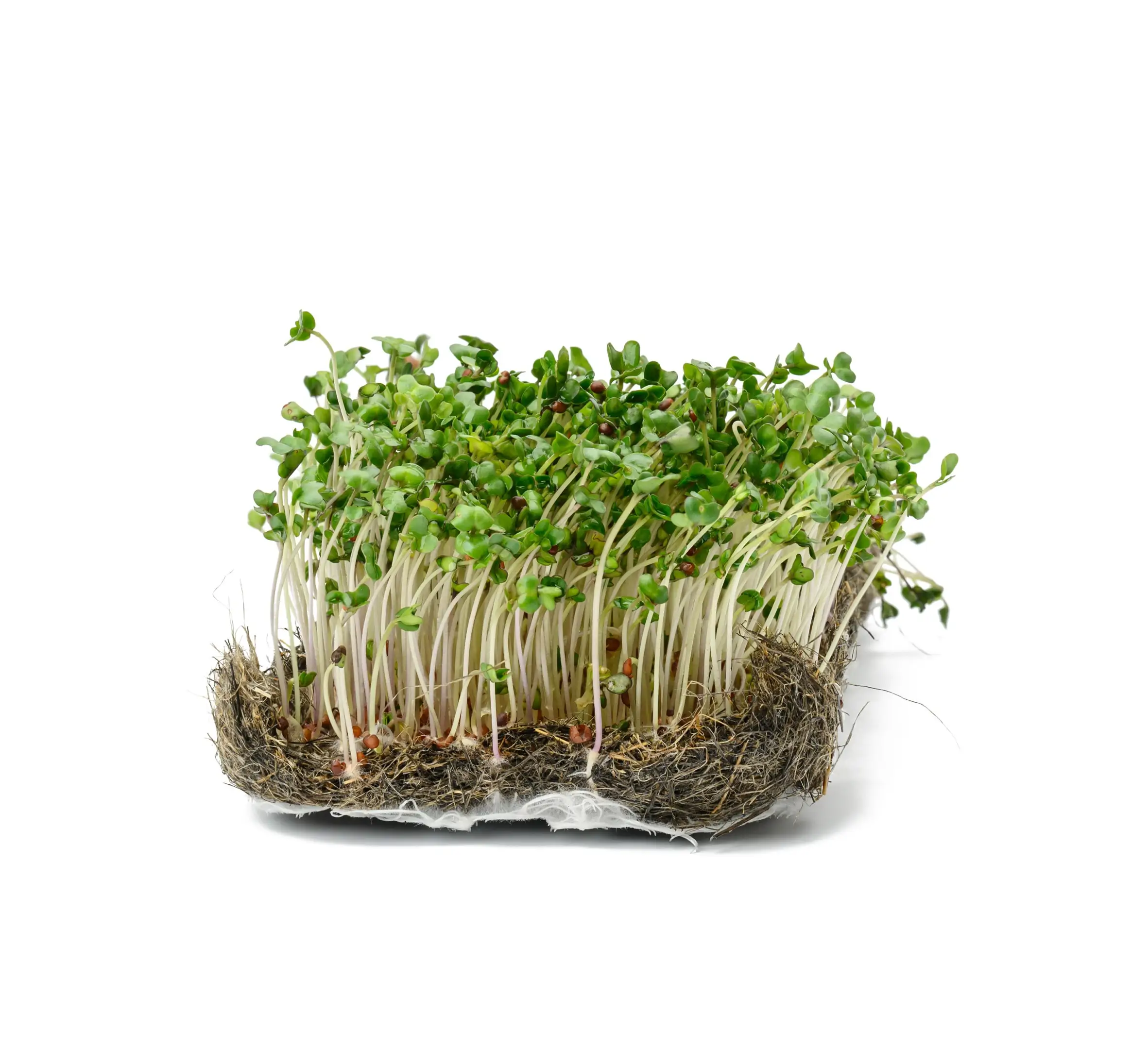
Since broccoli sprouts are widely considered to be a major superfood, it's unlikely that there will be any bad side effects when eating them. However, do take precautions if you're pregnant.
According to the FDA, it's not safe for expecting women to eat any type of sprouts like radish, mung beans, or clover. Bacteria may seep into the seed before the shoots are grown, and when that happens, it's hard to remove them.
If the bacteria are attached to the seed up to maturity, the harmful pathogens will also grow into high levels. This can lead to E.coli, salmonella, or listeria. However, if you cook the sprouts thoroughly enough, you can get rid of the bacteria and reduce health risks.
For you and your child's safety, stay away from raw sprouts for a while. Then, consult with your doctor on which vegetables are best to include in your diet.
Conclusion
There are sufficient studies that provide evidence on broccoli sprout benefits for the skin. In this article, we discussed some research that supports this claim.
However, it's important to note here that even though sprouts are good for your skin health, you should also practice a healthy lifestyle while you're at it. You can do this by eating a well-balanced diet, investing in a skincare regimen, and getting regular sleep.
The key to vibrant and youthful-looking skin is now within your reach with broccoli sprouts!

A writer passionate about wellness, nutrition, and intentional living. She creates engaging, research-based content that empowers readers to live healthier lives. Through every article, she brings clarity, inspiration, and a touch of everyday practicality. Read more about Juliana.


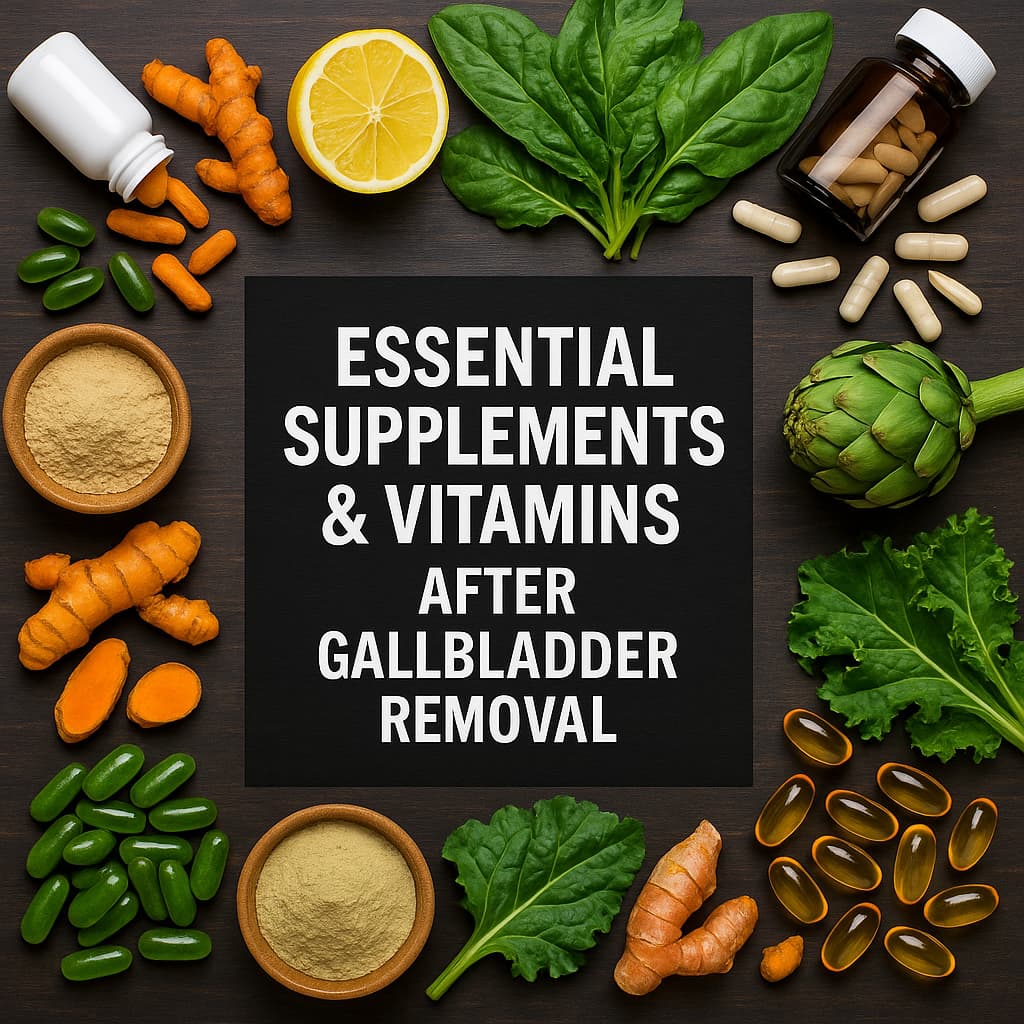
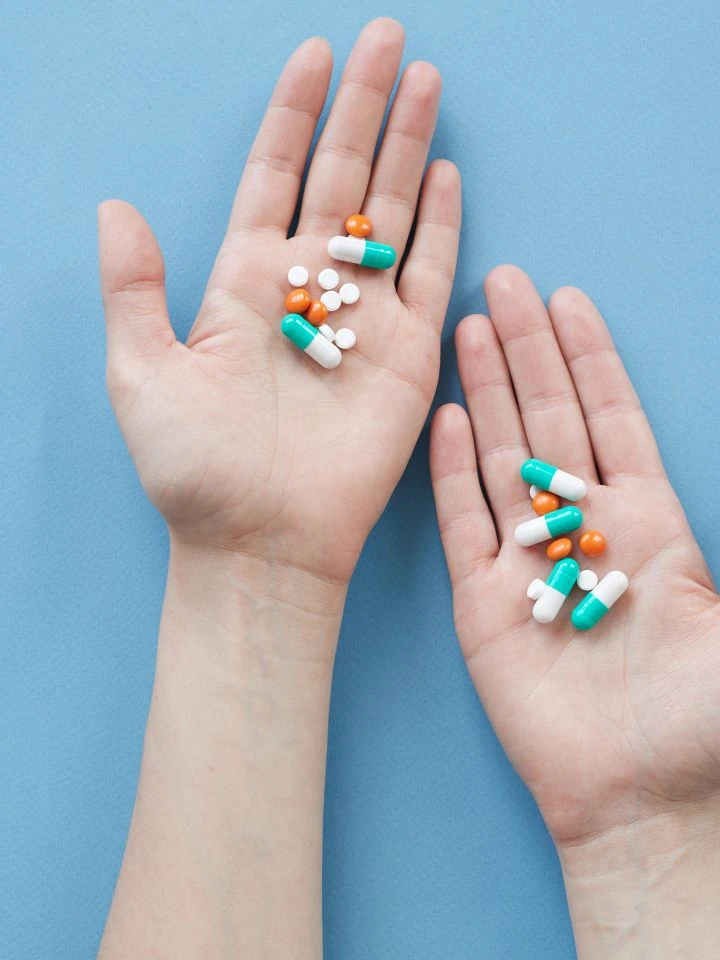
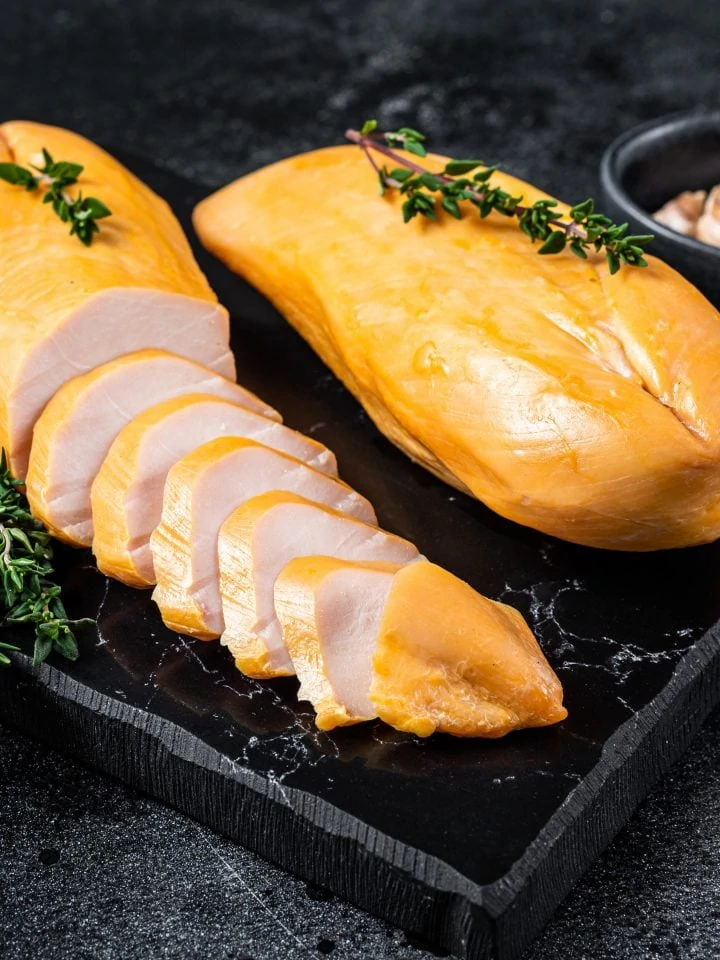
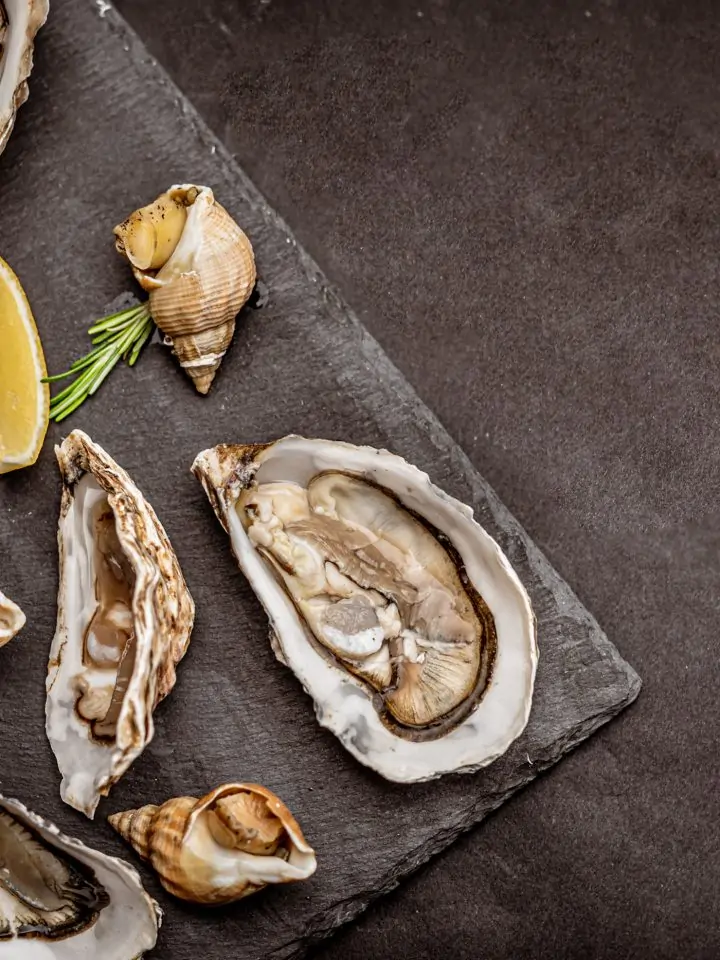
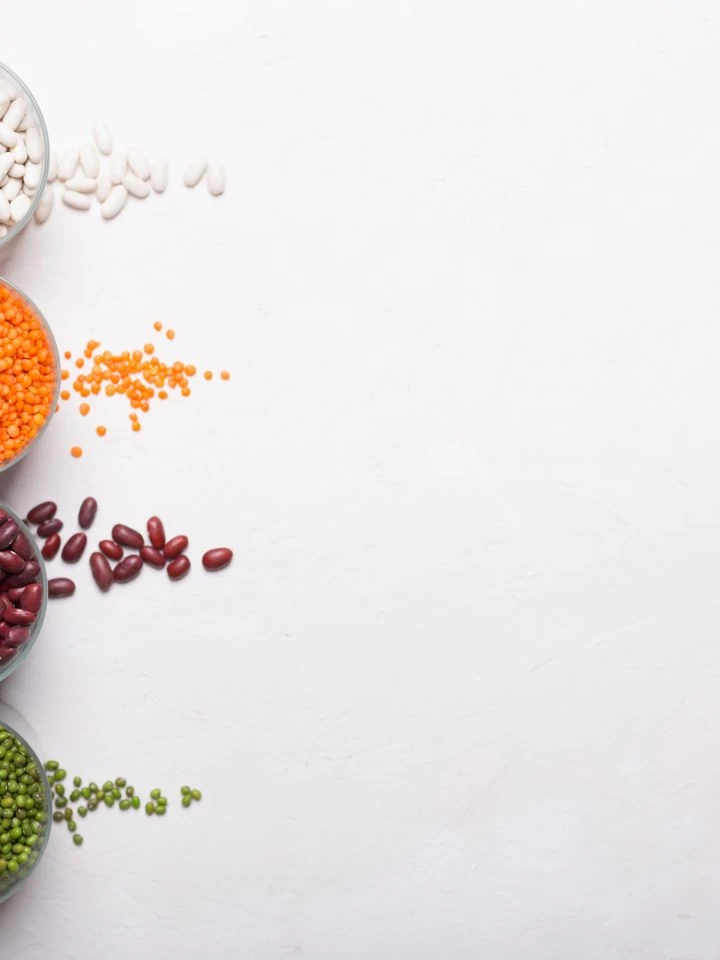
Comments
No Comments